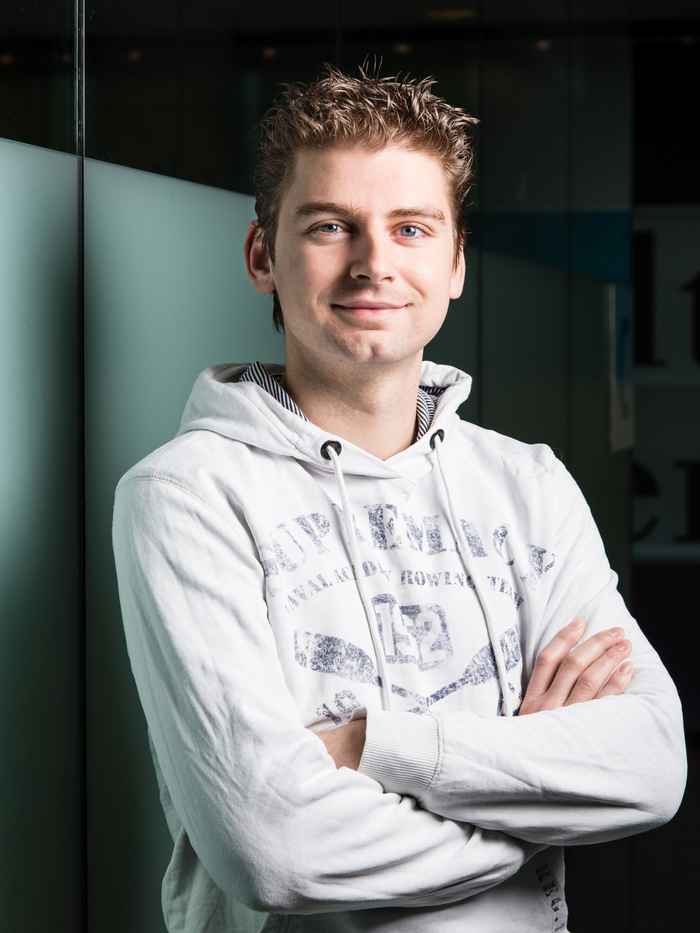Dr. Rick Quax

Was it your ambition to be a PhD student?
My main reason for being a scientist is the freedom of the work and the aim for a societal impact. You don’t work anonymously to fulfill the targets of your boss; with every paper you write the credits go to you. And you decide which direction you want to go with your research. You can travel all over the world and meet interesting people.
What does Computational Science offer you more than the field you studied?
In the field of computer science you can do research to make faster algorithms, better computing infrastructure, or develop supporting software, to name examples. The effect of this research can’t be seen immediately. In Computational Science we are working with real problem cases, such as the transmission and treatment of HIV or understanding the financial crisis. In my mind, computer science is the central discipline in Computational Science; what is extra is the focus on real applications in other fields, such as biology, physics, chemistry, and finance. It is an inherently interdisciplinary field.
What do you like most about computational science?
It is an inherently interdisciplinary field, and you become an all-round scientist. From every field you work with you will learn the necessary basics to build a bridge. I know a bit of biology, statistical physics, and mathematics. Nowadays many scientists are domain experts, focused on a specific application. Our field is unique in its integrative nature, bringing knowledge from one field to solve problems in other fields.